Executive Summary
The role of money in American politics generates intense debate across party lines, with Republicans, Democrats, and independents expressing complex and sometimes contradictory views about campaign finance, political influence, and reform efforts. While there is widespread agreement that money plays too large a role in politics, partisan divisions emerge on specific solutions and enforcement mechanisms.
The 2024 Financial Landscape: Record-Breaking Spending
The 2024 election cycle shattered previous spending records, providing a stark backdrop for public opinion on money in politics. Dark money reached a record high of $1.9 billion in 2024 federal races, with dark money groups boosting Democrats accounting for about $1.2 billion and groups supporting Republicans contributing about $664 million.
The presidential race alone attracted around $2 billion in super PAC spending, making it the most expensive campaign in political history. In House races, $1.1 billion was raised, with Democrats receiving $570.2 million (51.1%) and Republicans $541.2 million (48.5%), demonstrating the massive financial arms race between the parties.
Despite Democrats’ fundraising advantage in many metrics, Republicans still won the presidency and Senate, raising questions about the effectiveness of campaign spending and contributing to ongoing debates about money’s role in electoral outcomes.
Broad Consensus: Money’s Excessive Influence
Americans across party lines express dissatisfaction with the current state of campaign finance. Gallup polling shows that Americans are quite dissatisfied with current campaign finance laws and generally support efforts to limit campaign contributions to political parties. This widespread public support for campaign finance reform creates a foundation of agreement that transcends partisan boundaries.
However, this consensus comes with an important caveat: while Americans support reform in principle, campaign finance reform consistently ranks among the least important issues that Americans want Congress and the president to address, falling well behind education, healthcare, the economy, Social Security, Medicare, crime, taxes, energy, and the environment.
Democratic Positions: Systemic Reform and Transparency
Democrats have increasingly positioned themselves as the party of campaign finance reform, advocating for comprehensive changes to the current system. Their approach typically includes:
Transparency Advocacy: Democrats consistently push for greater disclosure requirements, particularly for dark money groups and super PACs. The fact that Democratic-aligned dark money groups spent $1.2 billion in 2024 while advocating for transparency creates a political tension the party must navigate.
Contribution Limits: Democratic lawmakers generally support stricter limits on individual and corporate contributions, building on existing regulations that cap individual donations at $3,300 per candidate per election in the 2024 cycle.
Public Financing: Many Democrats advocate for public financing options and matching funds programs to reduce candidates’ dependence on wealthy donors and special interests.
Corporate Restrictions: Democrats typically support stronger restrictions on corporate political spending, viewing it as a threat to democratic equality.
Republican Perspectives: Free Speech and Limited Government
Republicans generally approach campaign finance through the lens of free speech and limited government intervention, leading to different policy preferences:
First Amendment Focus: Republicans often frame campaign contributions and spending as protected speech, opposing many restrictions as violations of constitutional rights.
Disclosure Over Restriction: While supporting some transparency measures, Republicans typically prefer disclosure requirements over spending limits, believing that sunlight rather than restrictions is the best disinfectant.
Anti-Union Stance: Republicans often focus on limiting union political spending while supporting corporate speech rights, viewing union dues as forced political contributions.
Deregulation Preference: Many Republicans favor loosening rather than tightening campaign finance restrictions, believing that more speech, not less, improves democratic discourse.
Independent Voter Perspectives: Pragmatic Reform
Independent voters, who represent a growing share of the electorate, often take a more pragmatic approach to campaign finance issues:
Issue-Specific Support: Independents tend to support specific reforms based on their perceived effectiveness rather than ideological consistency.
Anti-Corruption Focus: Independent voters frequently prioritize anti-corruption measures and transparency over broader systemic reforms.
Skepticism of Both Parties: Many independents express frustration with both parties’ reliance on big money while simultaneously advocating for reform.
Areas of Surprising Convergence
Despite partisan differences, several areas of agreement emerge across party lines:
Special Interest Concern: Voters from all parties express concern about special interest influence, though they may define “special interests” differently.
Transparency Support: There is broad bipartisan support for knowing who is funding political campaigns and advocacy efforts.
Small Donor Emphasis: Politicians from both parties increasingly tout their small donor support, reflecting public preference for grassroots funding.
Anti-Corruption Sentiment: Americans across the political spectrum oppose obvious corruption and quid pro quo arrangements, even if they disagree on what constitutes such arrangements.
The Disconnect: Priority vs. Concern
One of the most striking findings about American attitudes toward money in politics is the disconnect between concern and priority. While most Americans express dissatisfaction with current campaign finance laws, few rank it as a top issue requiring immediate attention.
This disconnect helps explain why campaign finance reform often stalls in Congress despite polling showing public support. Voters may support reform in principle but rarely make it a deciding factor in their voting decisions, giving politicians limited incentive to prioritize it over issues voters care more about.
Partisan Fundraising Paradoxes
Both parties face internal contradictions between their stated positions on money in politics and their actual fundraising behavior:
Democratic Paradox: Democrats advocate for campaign finance restrictions while simultaneously raising record amounts from wealthy donors and dark money groups. This creates credibility challenges when promoting reform.
Republican Paradox: Republicans champion free speech in campaign finance while often criticizing specific types of spending or influence when it benefits their opponents.
Independent Fundraising: Even candidates who run as independents or reformers often rely on wealthy donors and special interests to compete with major party candidates.
Impact on Electoral Outcomes
The relationship between campaign spending and electoral success remains complex and contested. The 2024 election, where Democrats outspent Republicans in many categories but still lost key races, demonstrates that money alone doesn’t guarantee victory.
This reality affects public opinion and partisan positions on campaign finance, with the losing side often becoming more interested in reform while the winning side may see less urgency for change.
Future Implications and Challenges
Several trends will shape future debates about money in politics:
Digital Campaigning: Online advertising and social media campaigning create new challenges for disclosure and regulation that existing laws struggle to address.
Cryptocurrency: The rise of cryptocurrency donations presents new regulatory challenges that both parties must address.
Artificial Intelligence: AI-generated content and automated campaigning raise questions about transparency and disclosure requirements.
Globalization: International influence in American elections creates bipartisan security concerns that may drive new regulations.
Conclusion
American attitudes toward money in politics reveal a complex landscape where broad consensus on the problem coexists with deep partisan divisions on solutions. While Republicans, Democrats, and independents all express concern about money’s influence in politics, they differ significantly on specific reforms and priorities.
The most significant challenge may not be the partisan divide itself, but rather the gap between public concern and political priority. Until voters make campaign finance reform a higher priority relative to other issues, meaningful change will remain elusive regardless of partisan control of government.
Understanding these nuanced positions—and the areas of convergence—provides the foundation for potential bipartisan solutions. The key may lie in focusing on specific, targeted reforms that address shared concerns about transparency and corruption rather than comprehensive overhauls that activate partisan divisions.
Ultimately, the debate over money in politics reflects deeper questions about democratic representation, free speech, and the role of government in regulating political discourse. These fundamental questions ensure that campaign finance will remain a contentious but important issue in American politics for years to come.
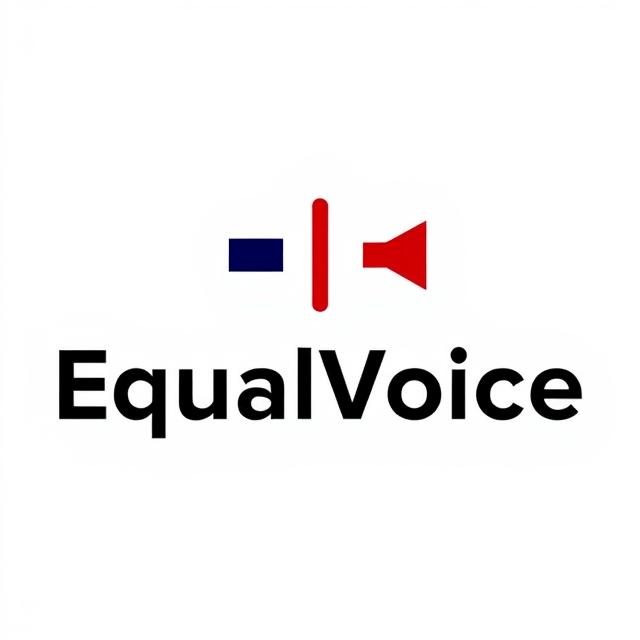
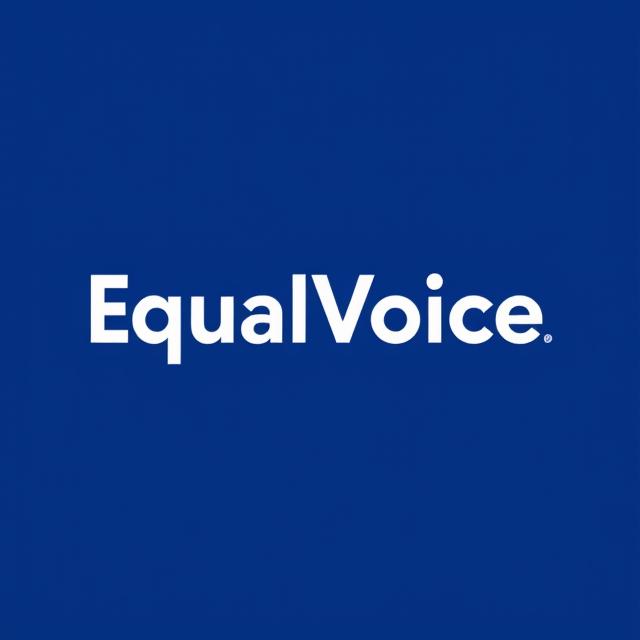
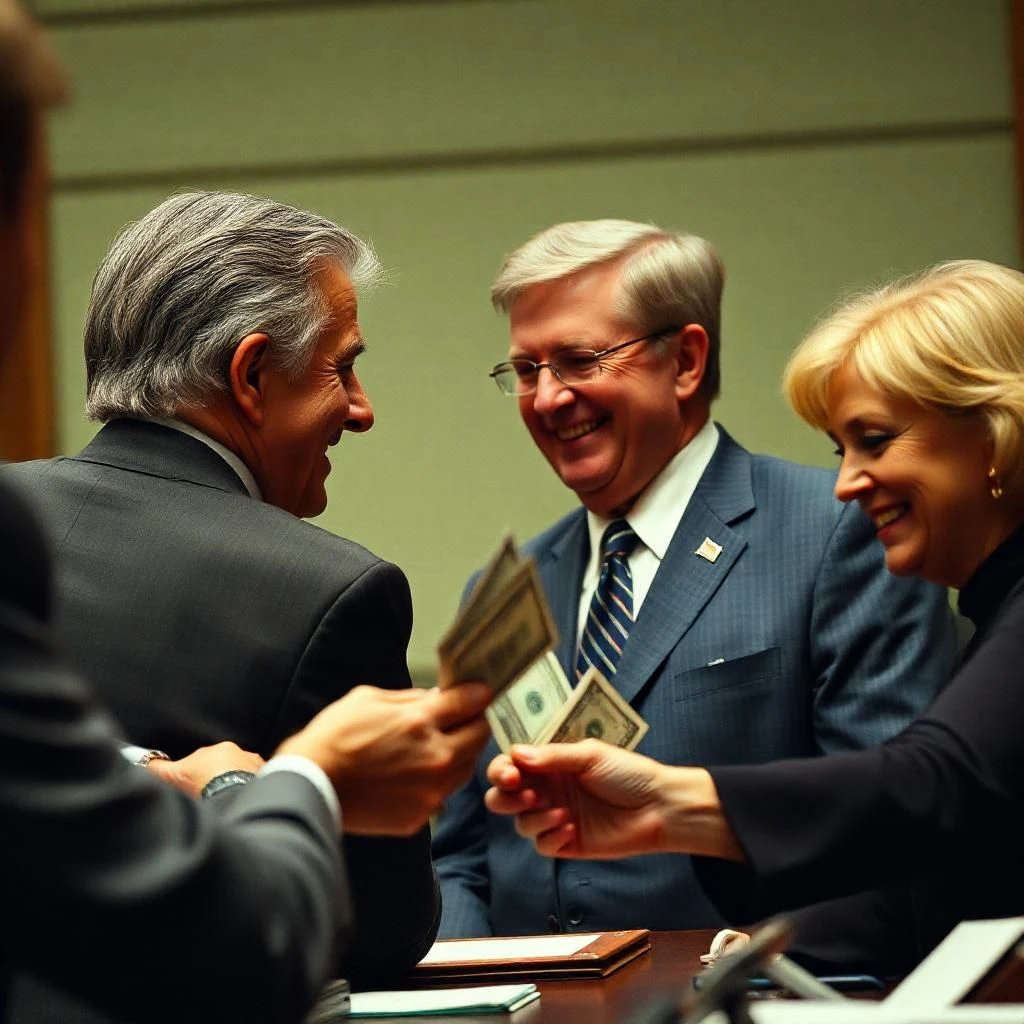



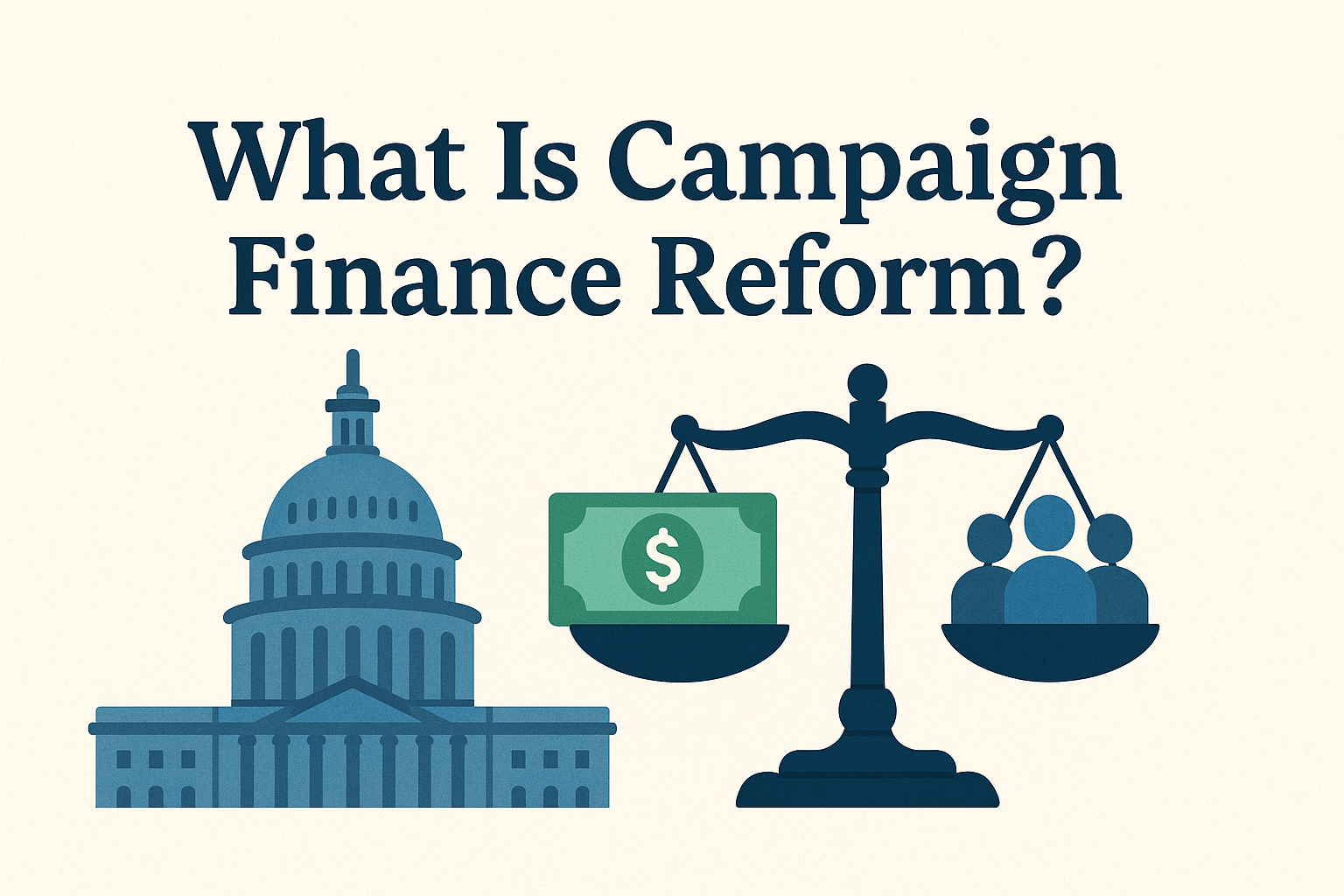


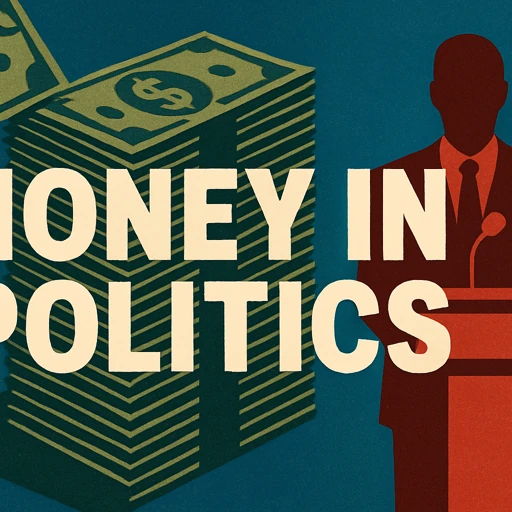

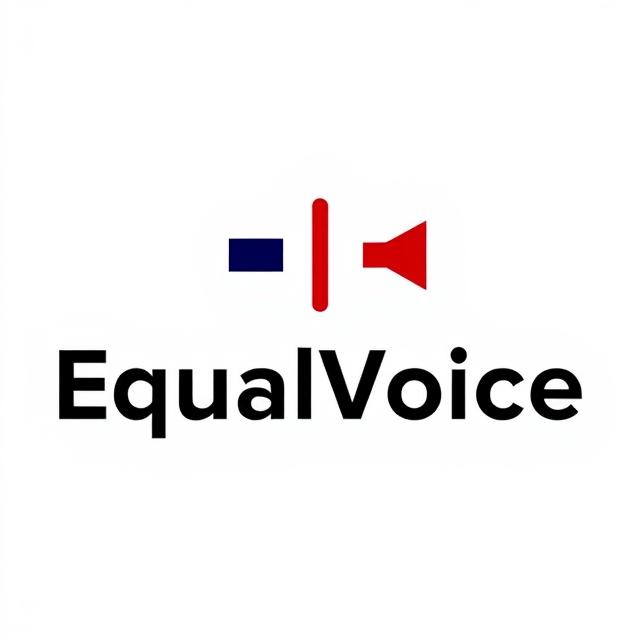
Leave a comment